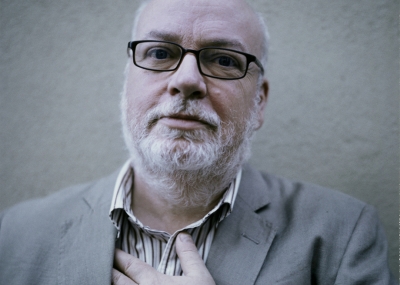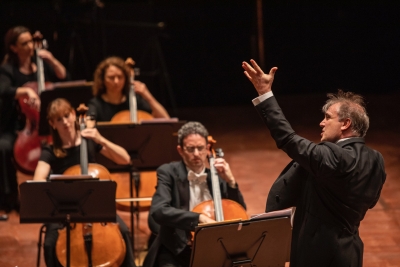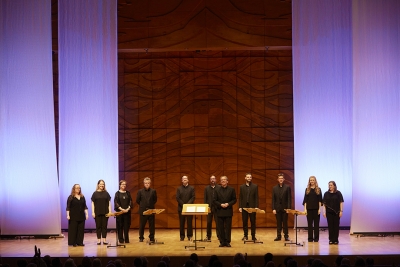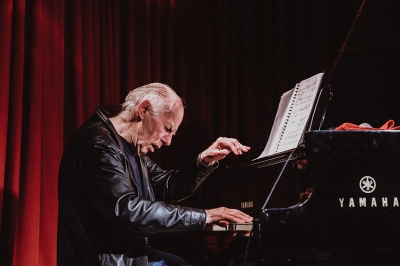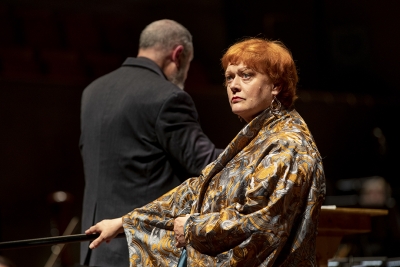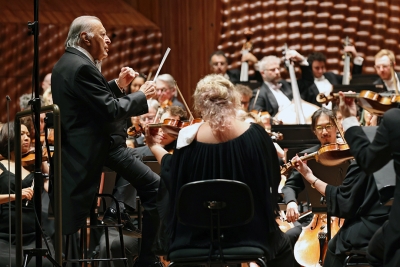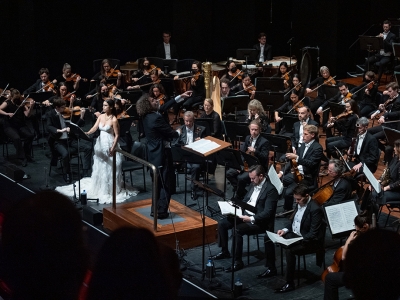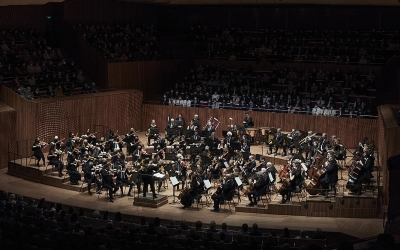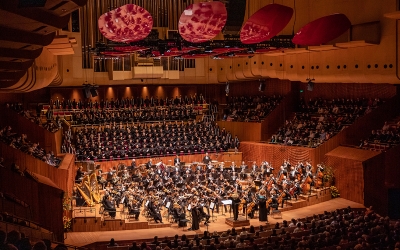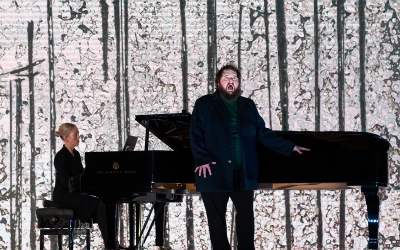Music
After a welcome return to something approaching a pre-Covid normal season of training camps and concerts, the Australian Youth Orchestra has finished the year with a grand public concert at the Melbourne Town Hall.
... (read more)When Alessandro Manzoni died on 22 May 1873, it was an event of major significance in Italy. The poet, novelist, and philosopher – an early proponent of Italian unification – was a hero of the Risorgimento. His novel I promessi sposi (1827), with its appeal to Italian patriotism, was (and remains) one of the most famous Italian novels.
... (read more)Two sold-out concerts in the Melbourne Recital Centre by the London-based vocal ensemble The Tallis Scholars will be music to the ears of Australia classical music promoters. Audience numbers may be returning to something close to pre-Covid levels. In this case, however, I suspect the box-office success also reflects the peculiar drawing power of The Tallis Scholars themselves.
... (read more)Melbourne International Jazz Festival
The pandemic was always destined to cast a long shadow, leaving promoters and festivals twitchy when it came to long-term planning. The Melbourne International Jazz Festival (MIJF), like so many other events, swallowed a bitter pill in 2021, as the city went into its sixth lockdown just weeks out, scuttling months of preparation. A quick scramble saw a scaled-back, hastily assembled program of exclusively local acts rolled out over a weekend in December, a temporary marker signalling that the MIJF was down but far from out.
... (read more)There are not too many parallels to be drawn between the House of Atreus and the House of Windsor, especially in these mournful times. But I could not help noticing one (admittedly tenuous) connection of memory and circumstance triggered by Victorian Opera’s powerful, almost magisterial one-off performance of Elektra and, later on at home, watching the procession of the Queen’s coffin down the Mall, from Buckingham Palace to Westminster Hall.
... (read more)To place the Australian World Orchestra (AWO) in a truly global context, and before I deal with Wednesday night’s triumphant concert in Hamer Hall, I must briefly expand my terms of reference.
... (read more)Benjamin Britten’s War Requiem was written for the consecration of the new Coventry Cathedral in 1962, after the old cathedral had been destroyed by German bombing raids in 1940. He dedicated the work to four friends, three of whom were killed while on active service during World War II, and the fourth of whom survived the war but later committed suicide. As an avowed pacificist who had been a conscientious objector during the war, Britten took the opportunity to compose a work combining the traditional Latin Requiem Mass with the anti-war poetry of Wilfred Owen: a fellow pacificist (and fellow gay man) who had served as a lieutenant in World War I and who was killed on the Western Front one week before the Armistice was declared in 1918.
... (read more)Over the years, the demise of the solo art song recital has often been predicted, yet the format lives on, sometimes reflecting new approaches and variations on tried and tested practices, but generally remaining within the parameters of a singer and pianist in evening wear on an empty stage. It evolved from informal house concerts in Europe in the late eighteenth century, probably reaching its ‘standard’ setting in the mid to late nineteenth century in the German-speaking lands in a form known as the Liederabend (song evening) ...
... (read more)At drinks following the first performance of this sold-out run of Gustav Mahler’s Symphony No. 2, conductor Simone Young chatted to mezzo-soprano Michelle DeYoung, the latter’s hoarse voice alarming the two of them. ‘We need to call Debbie,’ Young told a colleague, wary of what the morrow would bring. ‘Right now!’
... (read more)Forty-four years ago, Andrew Porter, that peerless and prolific music reviewer of The New Yorker magazine, cast a prophecy:
... (read more)I trust I am wrong, but sometimes it seems to me that when Elisabeth Schwarzkopf, Elisabeth Söderström, Peter Pears and Dietrich Fischer-Dieskau retire, lieder singing will become a lost art. There is no one in the younger generation who commands as they do the understanding and the technique that bring German songs to life.


